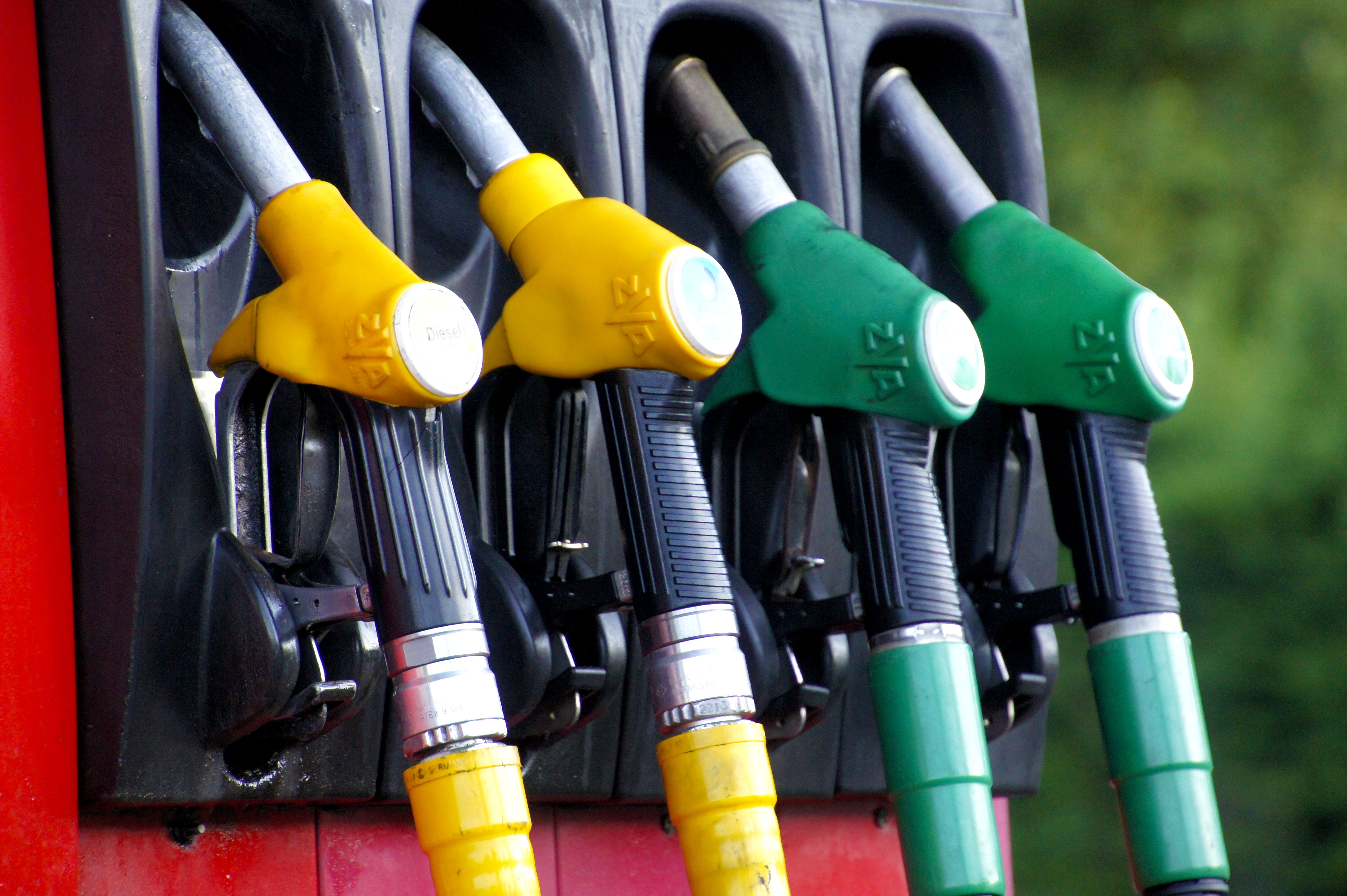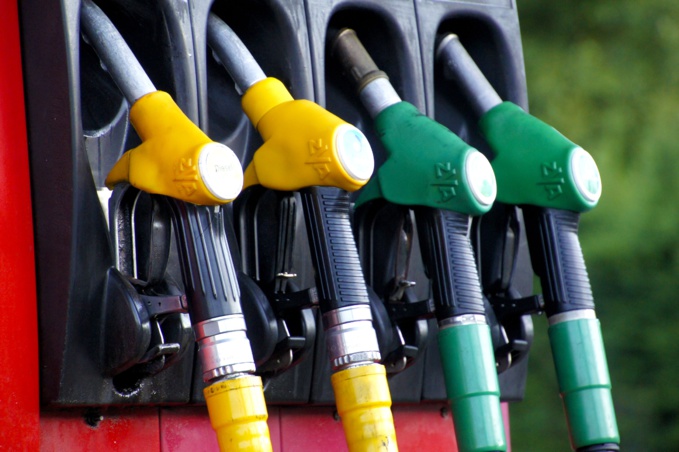Saudi Arabia has slashed oil prices, indicating that the world's largest exporter expects fuel demand to fluctuate amid new coronavirus outbreaks around the world, Bloomberg writes.
In particular, the state-owned Saudi Aramco cut prices for Arab Light exports to Asia, the producer's main market, by $ 1.4 per barrel in October, although analysts had expected prices to fall by only $ 1. Prices for oil buyers in Europe and the US also fell, Bloomberg said.
The company's decision to cut prices could help support stronger demand from China in the coming months, said UBS Group analyst Giovanni Staunovo. “Aramco recognizes the importance of China to the global oil market,” he stressed.
In 2020, oil demand dropped sharply after the pandemic forced governments around the world to introduce quarantines, restrict movement and order people to stay at home. In April, Russia, Saudi Arabia and other OPEC + members agreed on large oil production cuts until July, after which conditions were to ease. In June, the countries extended the agreement for another month, but on July 15 they agreed to increase production from August to avoid the risk of shortages and to maintain price stability amid recovery in demand.
Production cuts, along with a recovery in demand in China, more than doubled oil prices from their troughs. However, despite the measures taken, the fall in oil prices this year amounted to about 35%, the agency notes. On Friday, Brent crude fell to $ 42.66, the biggest drop in a week in nearly three months. The decline in oil prices was due to an increase in the number of infected in countries such as India and the United States, Bloomberg emphasizes.
Saudi Arabia's decisions usually set the tone for other oil and gas states in the Middle East, including Iraq and the United Arab Emirates, which are the second and third largest producers in OPEC, the agency writes.
source: bloomberg.com
In particular, the state-owned Saudi Aramco cut prices for Arab Light exports to Asia, the producer's main market, by $ 1.4 per barrel in October, although analysts had expected prices to fall by only $ 1. Prices for oil buyers in Europe and the US also fell, Bloomberg said.
The company's decision to cut prices could help support stronger demand from China in the coming months, said UBS Group analyst Giovanni Staunovo. “Aramco recognizes the importance of China to the global oil market,” he stressed.
In 2020, oil demand dropped sharply after the pandemic forced governments around the world to introduce quarantines, restrict movement and order people to stay at home. In April, Russia, Saudi Arabia and other OPEC + members agreed on large oil production cuts until July, after which conditions were to ease. In June, the countries extended the agreement for another month, but on July 15 they agreed to increase production from August to avoid the risk of shortages and to maintain price stability amid recovery in demand.
Production cuts, along with a recovery in demand in China, more than doubled oil prices from their troughs. However, despite the measures taken, the fall in oil prices this year amounted to about 35%, the agency notes. On Friday, Brent crude fell to $ 42.66, the biggest drop in a week in nearly three months. The decline in oil prices was due to an increase in the number of infected in countries such as India and the United States, Bloomberg emphasizes.
Saudi Arabia's decisions usually set the tone for other oil and gas states in the Middle East, including Iraq and the United Arab Emirates, which are the second and third largest producers in OPEC, the agency writes.
source: bloomberg.com



















